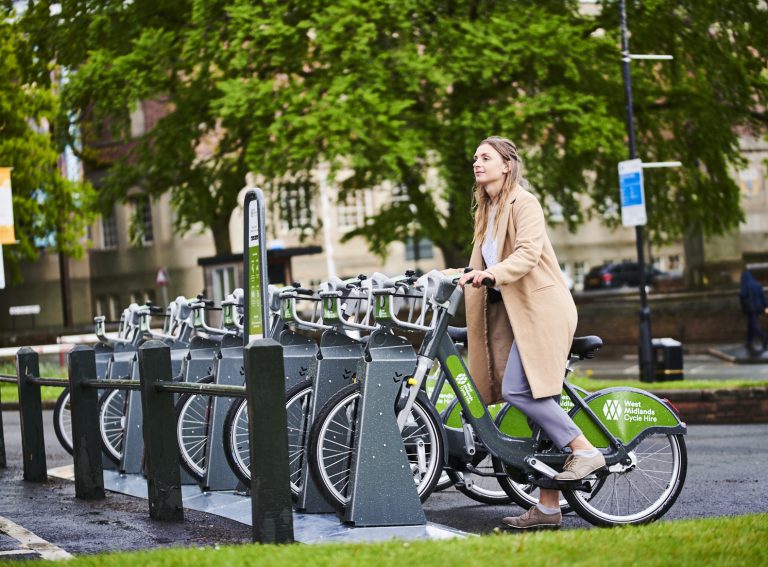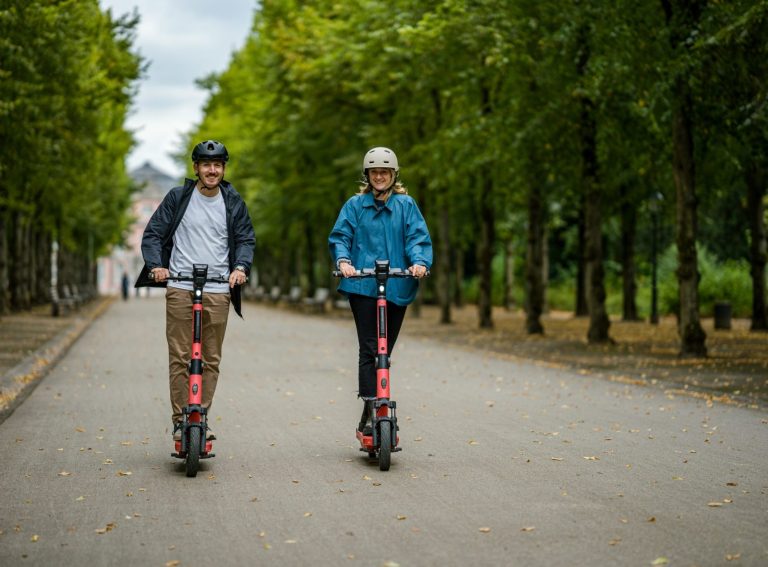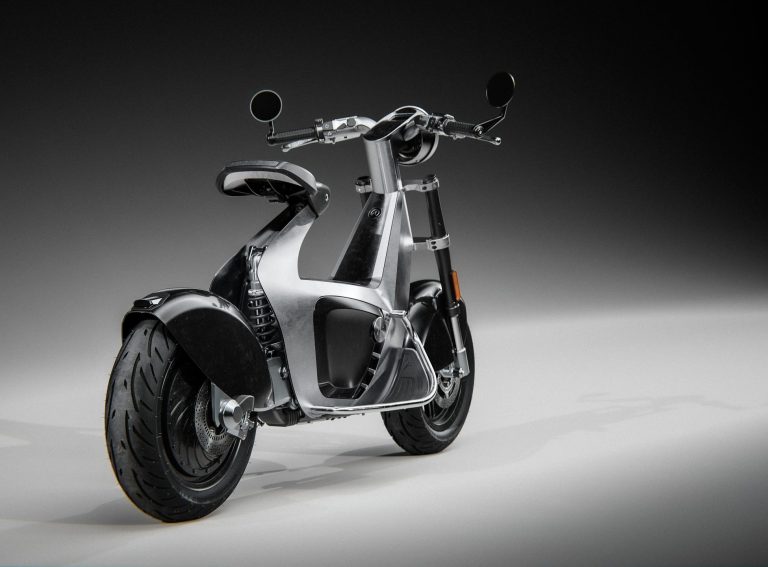The International Transport Forum’s latest report has proposed a comprehensive classification system for ‘New Mobility’ services and vehicles.
Titled “Measuring New Mobility: Definitions, Indicators, Data Collection”, the report aims to standardise new mobility definitions and provide universal performance indicators that can be used to compare New Mobility services and vehicles across different countries and jurisdictions.
This will help set the right policies as New Mobility evolves, and allow policymakers and private sector companies to work together more effectively.
“It’s hard to influence and change what you cannot measure,” Philippe Crist, ITF Adviser, Innovation and Foresight, told Zag Daily. “The rapid waves of new vehicle types and ride services have changed the mobility landscape in cities around the world. They have become very popular, but are also often quite controversial.
“Authorities now have the task of adapting regulations to ensure positive outcomes, but it’s hard to regulate what you can’t describe. This is why the ITF has developed this framework for measuring New Mobility.”
To create the framework, the ITF conducted a survey with around 150 policymakers, New Mobility operators, and transport professionals, and ran a workshop with 15 experts to consolidate the findings.
Findings and recommendations
The proposed classification divides New Mobility vehicles into three categories: micromobility (e-bikes, e-scooters and other rideables), powered light mobility (e-mopeds, e-motorcycles and other vehicles that do not operate with pedals), and car or van-like vehicles.
ITF recommends that such classifications apply to provide the best possible understanding of emerging trends in urban mobility and, ultimately, ensure they serve the public good.
The institution also suggests that these indicators are used for policy goals and that public authorities apply a consistent approach for data reporting to all New Mobility service providers.
Mobility Innovation Hub
This report is the first publication by ITF’s Mobility Innovation Hub. It was created to help governments to develop innovative policies for better transport in the face of uncertainty and rapid change.
The Hub will help governments manage this type of disruption through three workstreams.
A Horizon Scan pinpoints trends that are likely to impact transport policy and governance in the near-to-mid-term and assess the scale and scope of potential disruptions. Potential themes could include AI, quantum computing and all-solid-state batteries, with the first project focusing on the impact of automation on transport-sector jobs.
The Measuring New Mobility publication series presents evidence-based analysis around innovation transport technologies and services, with the first in the series outlined above.
A Policy and Innovation Evaluation and Guidance workstream provides tailor-made inputs upon request from governments and stakeholders. It delivers forward-looking and actionable assessments of how public authorities can leverage innovative policies and apply best practices for new governance approaches. One such project is exploring the links between accessibility and socio-economic status in Korea to understand how to deliver more inclusive mobility.




